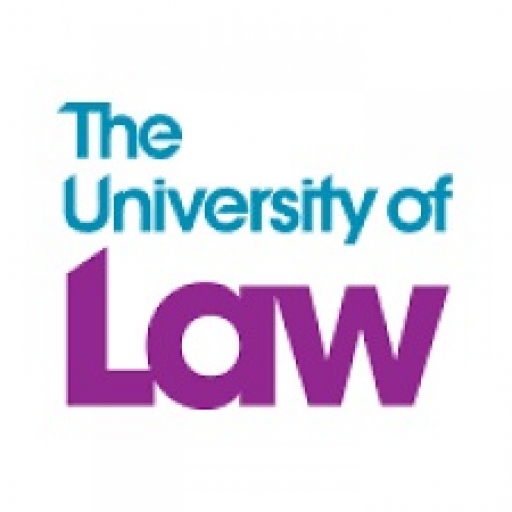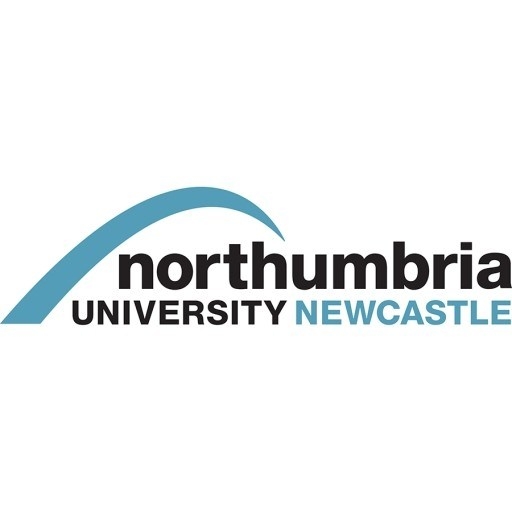Photos of university / #oxford_uni
Applied Linguistics and Second Language Acquisition at the University of Oxford offers an comprehensive and interdisciplinary programme designed to provide students with a deep understanding of the processes underlying language learning, teaching, and use. The programme combines theoretical linguistics with practical insights into language acquisition, pedagogical methods, and language policy, equipping graduates with the analytical skills and knowledge necessary to engage with complex linguistic issues in a variety of professional contexts. Students will explore how languages are learned and taught across different settings, from early childhood education to adult language instruction, and consider the social, cognitive, and neurological factors influencing language development. The programme delves into topics such as bilingualism, language contact, language policy and planning, and the role of technology in language learning. It also encourages critical reflection on current challenges faced in multilingual societies, language preservation, and educational practices. Taught by leading experts in the fields of applied linguistics and second language acquisition, the course combines rigorous academic coursework with opportunities for practical research and hands-on experience. Students will be able to develop their own research projects, participate in seminars, and engage with real-world language issues through collaborative activities. The programme is suitable for individuals aiming to pursue careers in language teaching, educational policy, linguistics research, or related professions. Graduates will emerge with a sophisticated understanding of how languages are acquired and used in diverse contexts, along with the analytical and pedagogical skills to contribute effectively to language education and research initiatives globally.
- Module B: Theories, Progression and Methods
- Module F: Producing & Communicating Meaning
- Optional English Language Teaching Module
- Statistics (SPSS) lab – Seminar J
- Introduction to Quantitative Research
- Module A: First Language & Bilingualism
- Module G: Vocabulary Acquisition
- Module C: Individual & Group Differences
- Module D: Input and Interaction
- Optional English Language Teaching Module
- Statistics (SPSS) lab – Seminar J
- Introduction to Quantitative Research
- Module E: Accessing Meaning
- Module H: Error analysis, Interlanguage & Testing
Applicants are normally expected to be predicted or have achieved a first-class or strong upper second-class undergraduate degree with honours (or equivalent international qualifications), as a minimum, in a discipline preferably related to the field of applied linguistics.
For applicants with a degree from the USA, the minimum GPA sought is 3.6 out of 4.0.
If you hold non-UK qualifications and wish to check how your qualifications match these requirements, you can contact the National Recognition Information Centre for the United Kingdom (UK NARIC).
No Graduate Record Examination (GRE) or GMAT scores are sought.
- Official transcript(s)
- CV/résumé
- Research proposal:One to two pages
- Written work: Two essays of 2,000 words each
- References/letters of recommendation: Three overall, all of which must be academic
ENGLISH LANGUAGE REQUIREMENTS
Higher level
|
est |
Standard level scores |
Higher level scores |
||
|
IELTS Academic |
7.0 | Minimum 6.5 per component | 7.5 | Minimum 7.0 per component |
|
TOEFL iBT |
100 |
Minimum component scores:
|
110 |
Minimum component scores:
|
| Cambridge Certificate of Proficiency in English (CPE) | 185 |
Minimum 176 per component |
191 |
Minimum 185 per component |
| Cambridge Certificate of Advanced English (CAE) | 185 |
Minimum 176 per component |
191 |
Minimum 185 per component |
The University of Oxford offers a range of funding options for students enrolled in the MSc in Applied Linguistics and Second Language Acquisition. Students are encouraged to explore various scholarships, bursaries, and financial aid programs available through the university. The Oxford Scholarship Programme is one of the prominent funding sources, providing full or partial scholarships based on academic excellence and financial need. Additionally, there are departmental scholarships awarded specifically to students in language-related fields, which may cover tuition fees or living expenses. External funding bodies, such as government agencies, charitable foundations, and international organizations, also provide grants and sponsorships to eligible applicants. Prospective students are advised to carefully review the eligibility criteria and application deadlines for these funding opportunities. Furthermore, students can consider applying for the Oxford Differential Fee Status, which offers reduced tuition fees for certain categories of students, including those from specific countries or with particular residency statuses. The university also offers work-study opportunities, allowing students to gain practical experience while supporting their financial needs. It is recommended that applicants contact the university’s financial aid office early in the application process to obtain personalized advice and assistance. The cost of attendance at Oxford can be substantial, but the availability of numerous funding streams aims to make the program accessible to a diverse range of students. Most funding options require detailed applications, supporting documentation, and sometimes interviews, so thorough preparation is essential. Overall, students pursuing the MSc in Applied Linguistics and Second Language Acquisition have multiple avenues to secure funding, enabling them to focus on their studies and research without undue financial burden.
The MSc in Applied Linguistics and Second Language Acquisition at the University of Oxford is a highly regarded postgraduate program designed for students interested in the scientific study of language learning and teaching. This program provides a comprehensive exploration of how languages are acquired both naturally and in educational settings, integrating theoretical insights with practical applications. Throughout the course, students examine various aspects of linguistics, including phonetics, syntax, semantics, and pragmatics, while also focusing on psycholinguistic and sociolinguistic factors involved in second language acquisition.
The curriculum is structured to foster critical understanding of key theories and research methodologies used in the field. Students engage with topics such as language development, bilingualism, language teaching methodologies, and the impact of cognitive, social, and cultural influences on language learning. The program aims to equip graduates with the skills necessary for research, policy-making, or educational practice in linguistics and language education.
Research is a core component of the MSc, with students undertaking an extended independent project or dissertation that allows them to investigate a specific area of interest in-depth, under supervision. The program benefits from Oxford’s world-class faculty, including leading scholars in applied linguistics, psycholinguistics, and language teaching.
The program attracts students from diverse backgrounds, including linguists, language teachers, and researchers seeking advanced knowledge and skills to enhance their careers. It is suitable for those wishing to pursue doctoral studies or careers in academia, education, language policy, or language technology. The teaching methods include lectures, seminars, workshops, and practical language analysis sessions, encouraging active participation and collaborative learning.
Applicants are expected to have a strong undergraduate degree in linguistics, languages, education, psychology, or related fields. The program typically lasts for one year full-time and involves a combination of coursework, research, and a dissertation. Graduates of the MSc in Applied Linguistics and Second Language Acquisition at Oxford are well-positioned to contribute significantly to research, teaching, and policy initiatives aimed at improving language education worldwide.
The university offers excellent research facilities, access to extensive linguistic corpora, and opportunities for interdisciplinary engagement, enhancing the learning experience. Overall, the program aims to develop highly skilled professionals who are capable of applying scientific insights into real-world language learning and teaching challenges, advancing the field of applied linguistics through innovative research and practice.








